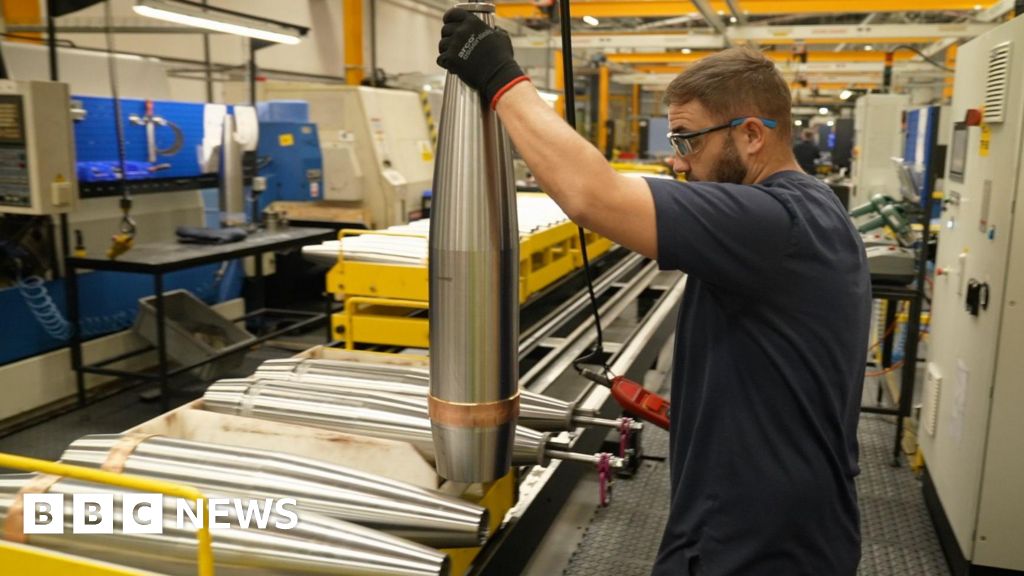ARTICLE AD BOX
Image source, Getty Images
The business secretary has denied that individuals will bear the cost of changing to greener ways of living.
Kwasi Kwarteng said it was "not true" to say that the move to more environmentally friendly transport and energy production would "cost us".
The government plans to reduce greenhouse gas emissions to reach a target of net zero by 2050.
The Treasury has hinted tax rises may be necessary as revenues from fossil fuel-related activity dry up.
Achieving net zero means the UK will no longer be adding to the total amount of greenhouse gases in the atmosphere. Without action on climate change, the world faces a hotter planet, rising sea levels and extreme weather.
The Treasury said hitting the target would put pressure on public spending, but added "the biggest impact" came from "the erosion of tax revenues from fossil fuel-related activity".
Last year, £37bn was raised through fuel duty and vehicle excise duty, but is believed the transition to electric vehicles could create a temporary tax vacuum by the 2040s, meaning new revenue-raising measures would be needed.
A net-zero report by the Treasury said future governments "may need to consider changes to existing taxes and new sources of revenue" rather than relying on higher borrowing.
It also warned policies to support the adoption of electric vehicles "may disproportionately benefit" richer people, with those on lower incomes bearing the brunt of increased costs.
However, Mr Kwarteng denied that poor people were subsidising those better off who wanted to go green.
"I don't accept that at all," he told the BBC's Today programme, adding that the transition to electric vehicles was "successful and we should be doing it more rapidly".
Mr Kwarteng said up to £90bn by 2030 of private investment would help the country to source more energy from renewables, with "evidence" for such forecasts based on previous investments of £100bn being ploughed into offshore wind farms since 2012.
"It's not a heroic assumption to say that by 2030, we would have attracted an additional £90bn," he said.
As well as plans to encourage more people to drive electric cars, the government is also going to offer subsidies of £5,000 from next April for people to switch from gas boilers to low-carbon heat pumps.
Although up to 25 million UK homes have gas boilers, the grants will fund just 90,000 pumps over three years. An air-source heat pump costs between £6,000 and £18,000, depending on the type installed and the size of a property. Critics have said the plans do not go far enough.
Image source, Getty Images
Mr Kwarteng added the cost of heat pumps could "come down" as more companies began manufacturing them, which would see more people "adopt them".
"It is a lot of money [to install a heat pump] and it's also a choice. No-one is saying we are imposing heat pumps on anybody," he said.
"What we are trying to do is encourage behaviour."
The government's net-zero plans come as global leaders prepare to meet in Glasgow to negotiate how to curb climate change.

 3 years ago
90
3 years ago
90








 English (US) ·
English (US) ·